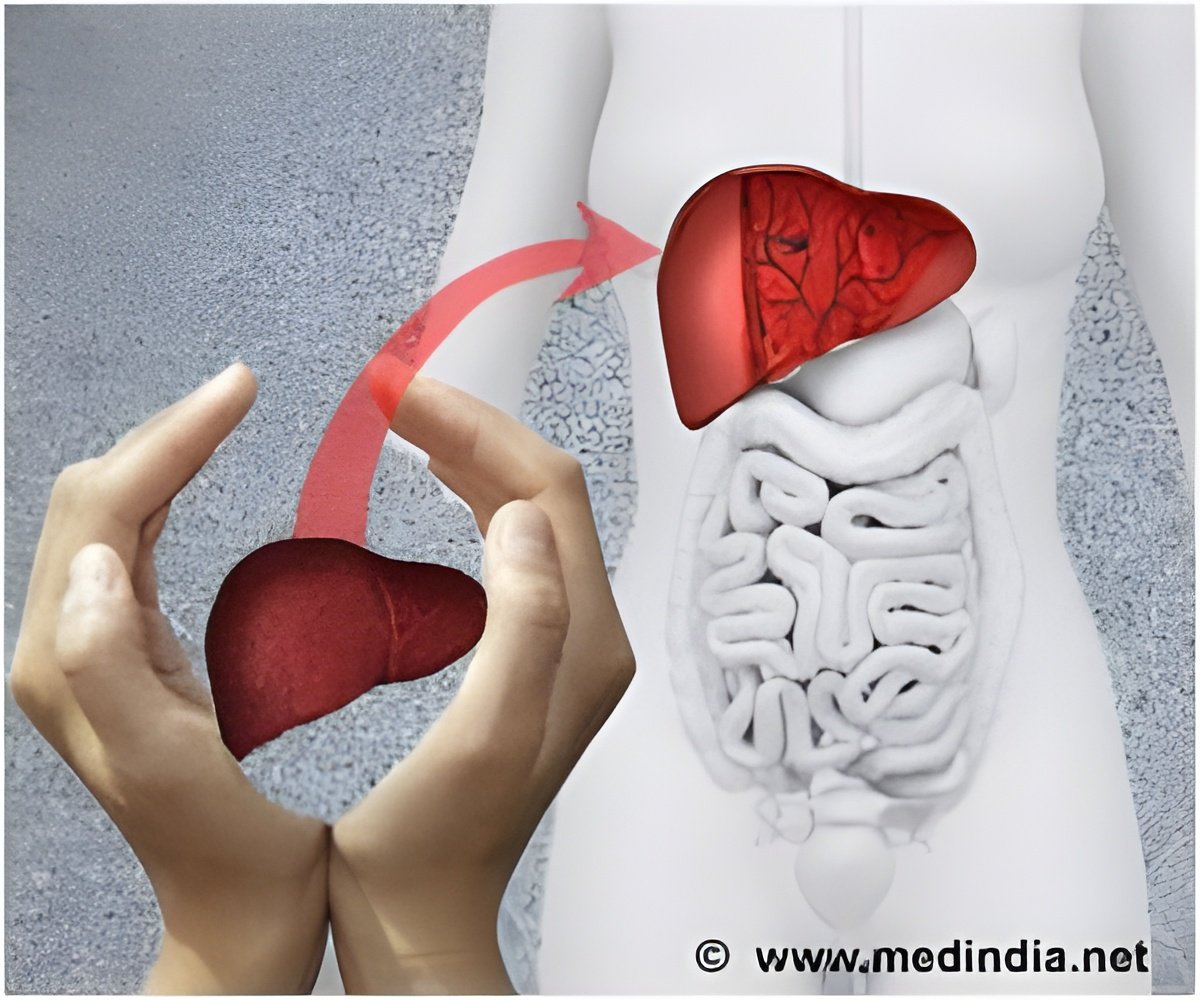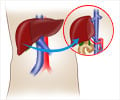Nearly 30% of patients who require liver transplant are obese. About 10% are turned away due to unavailability of donors or the risks involved in surgery.

In some cases like in that of Mitra multiple donations are required to conduct transplant on an obese patient. The recovery, revival of the transplanted organ and overall survival in morbidly obese patients who undergo liver transplant is also less successful as compared to non-obese.
Mitra suffered from a cryptogenic liver disease for three years which necessitated transplant. Mitra's brother-in-law and his wife blood group matched that of Mitra’s and they came to donate. Only a small part of liver-left lateral lobe-from his brother-in-law was taken because he himself is a kidney patient."
Due to the complications involved only few such surgeries have been conducted in the country so far. Nearly 30% of patients requiring liver transplant are obese or overweight. At least 10% are turned away either due to unavailability of donors in the family or the risks involved in surgery," said a surgeon.
"In case of cadaver donors, we can take out as much of liver as required. But due to fatty liver disease there are many instances where liver harvested from a brain-dead donor is wasted as it is too fatty for transplantation. These grafts do not grow and the risk of rejection is very high," said a senior doctor.
Source: Medindia














